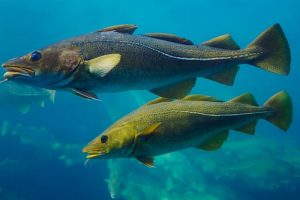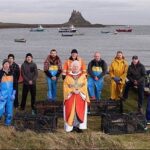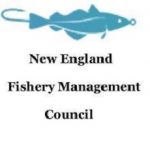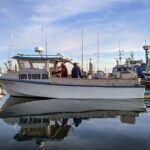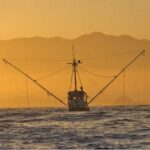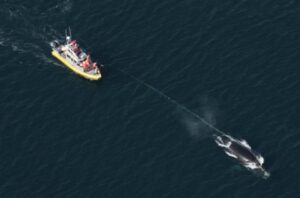Tag Archives: California fishermen
First crab hauls come ashore, but Northern California fishermen frustrated by $3 price point
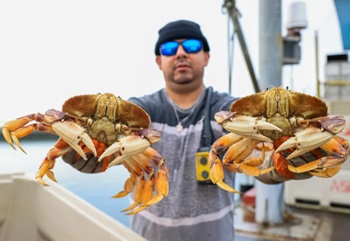 Dungeness crab season finally started this week following regulatory delays and a fisherman’s strike. While the strike aimed to get a better price from the fish processing companies that buy a large portion of the crabs, local fishermen are still frustrated with the starting price of $3 per pound across California. Harrison Ibach, president of Humboldt Fishermen’s Marketing Association, said so far the weather has been less than favorable and the price leaves a lot to be desired. “No one is happy with the fact that the processors are still paying more in Oregon than they are in California,” he said. The price is better than last year’s historic low of $2.25 that coupled with a large number of crabs. But this is up to a dollar lower than what processors are paying Oregon crabbers, said Ibach, the reasoning for which isn’t entirely clear. more, >>click to read<< 16:21
Dungeness crab season finally started this week following regulatory delays and a fisherman’s strike. While the strike aimed to get a better price from the fish processing companies that buy a large portion of the crabs, local fishermen are still frustrated with the starting price of $3 per pound across California. Harrison Ibach, president of Humboldt Fishermen’s Marketing Association, said so far the weather has been less than favorable and the price leaves a lot to be desired. “No one is happy with the fact that the processors are still paying more in Oregon than they are in California,” he said. The price is better than last year’s historic low of $2.25 that coupled with a large number of crabs. But this is up to a dollar lower than what processors are paying Oregon crabbers, said Ibach, the reasoning for which isn’t entirely clear. more, >>click to read<< 16:21
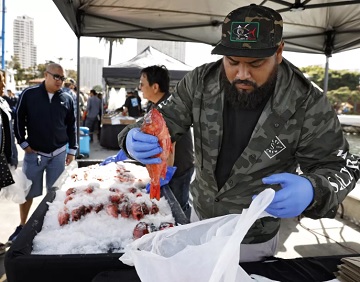
Biden needs to help California fishermen in our dispute over dangerous fish farms
When people think of California, they think of our coasts. Our vibrant ocean sustains a robust seafood industry, as well as many hospitality, tourism and recreation businesses. But in recent years, our coastal enterprises have faced a litany of challenges; pollution, climate change and development along the coast have made it difficult for independent businesses to survive. Now in 2023, another threat is looming: The National Oceans and Atmospheric Administration is scoping out Southern California as a new site for industrial-scale finfish farms. Last spring, NOAA identified 10 Aquaculture Opportunity Areas off the coast of Southern California. These areas are deemed ideal for offshore fish farms, despite the fact that two of them are in close proximity to a Superfund site where 500,000 barrels of the banned pesticide DDT were dumped. >click to read< 10:00
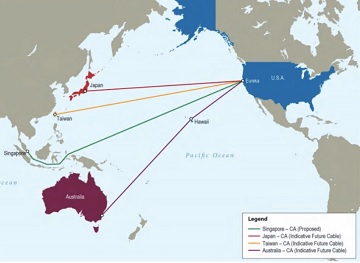
California Coastal Commission OKs world’s longest fiber optic cable from Eureka to Singapore
Stretching from Eureka to Singapore, the 10,000 mile long cable will bring enhanced broadband connectivity to Humboldt County and beyond as soon as 2023. RTI plans to install four steel pipes extending from a landing site in Samoa approximately 3,600 feet offshore to serve as conduits for two submarine fiber optic cables. Additional cables may extend to Australia and Japan as well. North Coast commercial fisherman Kevin Collins expressed concern for the trawling fishermen who, he feels, will be “the primary group impacted by the cable.” Humboldt Fishermen’s Marketing Association was not looking to oppose or delay the installation of this cable but wished to express “grave concerns California fishermen have over the flawed process taking place for the mitigation” of the project. >click to read< 13:45
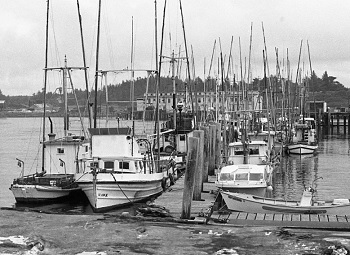
A thriving fishing industry
An article on the front page of the Aug. 4, 1966, Western World told the story. “Fishing activity in the Port of Bandon has definitely been on the increase during the past two weeks, reports Graydon Stinnett, owner of Bandon Seafood Market. “From an average of 21 fishing boats per day in July, mid-week count yesterday indicated 50 boats, and this number is apt to be raised by five or more per day, while the present season is in progress, said Stinnett. “Attracting a large number of California fishermen, Stinnett is now working at a peak capacity,,, >click to read< 08:13
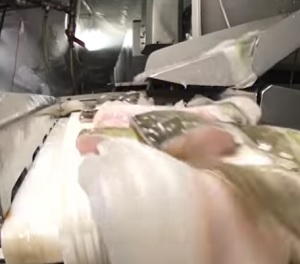
America’s Food Distribution Chain Is Essential
The disruptions in the food supply chains can be attributed to two primary causes – outbreaks of Coronavirus at some meat-processing and other food-packaging plants have led to closures across the country, and meanwhile, the sweeping closures of restaurants by state and local governments have disrupted the demand for a wide variety of food items. Over the past few days, fifteen percent of the pork processors have closed their doors. America’s fish supply provides a powerful example of what happens when states unilaterally shutter dine-in services at restaurants. The fishing industry knows something the central planners seem not to have known: Americans have a strong preference for eating fish in restaurants, rather than cooking it. >click to read<
Meat processing plants across the US are closing due to the pandemic. Will consumers feel the impact? – video, >click to read< 11:56
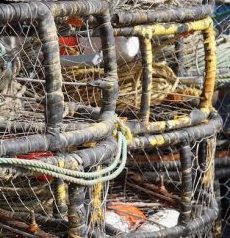
Crab Fishing in California: Risky Business
Dungeness crab, buttery and served steaming hot, is a Christmas tradition on many central California tables. But two years ago families had to forgo their holiday treat, and they were not the only ones to suffer. California fishermen were crippled by an unprecedented algal bloom that contaminated crabs with a neurotoxin called domoic acid, which is deadly to humans. That shut business down through the most lucrative part of the season, from Thanksgiving to Christmas. click here to read the story 11:41
California fishermen, once blocked by conservationists, now work with them
 Morro Bay, a town on California’s central coast, touts itself as a fishing community. Fishing has been vital for the town’s economy, but it collapsed at the turn of the century because of overfishing and subsequent federal regulation. Fishermen were offered some relief money for their losses, but the industry was left for dead. Now, things are on the upswing thanks to an unlikely partnership between local fishermen and environmental group The Nature Conservancy.,,, The Nature Conservancy, a powerful nonprofit, became interested in the area more than a decade ago. Known for buying up land to protect it from development, the group’s first strategy was to buy up about half of all the available groundfish licenses. click here to read the story. 09:49
Morro Bay, a town on California’s central coast, touts itself as a fishing community. Fishing has been vital for the town’s economy, but it collapsed at the turn of the century because of overfishing and subsequent federal regulation. Fishermen were offered some relief money for their losses, but the industry was left for dead. Now, things are on the upswing thanks to an unlikely partnership between local fishermen and environmental group The Nature Conservancy.,,, The Nature Conservancy, a powerful nonprofit, became interested in the area more than a decade ago. Known for buying up land to protect it from development, the group’s first strategy was to buy up about half of all the available groundfish licenses. click here to read the story. 09:49
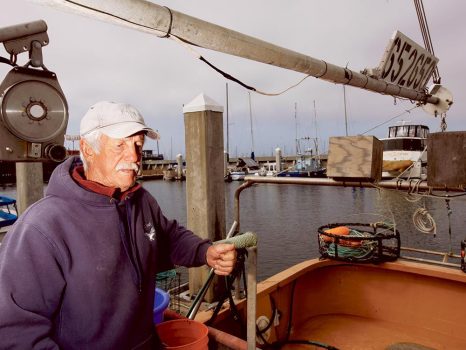
California fishermen, enviros fight over proposal to protect underwater seamounts.
California fishermen first learned of the proposal in May, out of the blue. In a six-page, unattributed document, the proposal suggested turning several of the state’s offshore seamounts, ridges and banks into national monuments, permanently closing them to fishing as well as oil and gas development. Under the federal Antiquities Act of 1906, presidents have the power to designate monuments, and implicitly, the proposal asked President Barack Obama to exercise that executive power. “It’s fishing management by fiat,” says Diane Pleschner-Steele, director of the California Wetfish Producers Association. Among the partners behind the proposals is Marine Conservation Institute, and MCI President Lance Morgan, a marine biologist, disagrees that he’s trying to avoid due process, and says that’s just how these things get done. Read the rest here 08:08
Commercial Herring Fishing Starts in San Francisco Bay – A nice report from the JuneauTek Blog
California fishermen are harvesting the first herring of 2013 in San Francisco Bay this week. The total gillnet quota is 2,690 tons and the fishery will last until March 15, 2013. Lots of links, and video. Very nice presentation. Read more


































